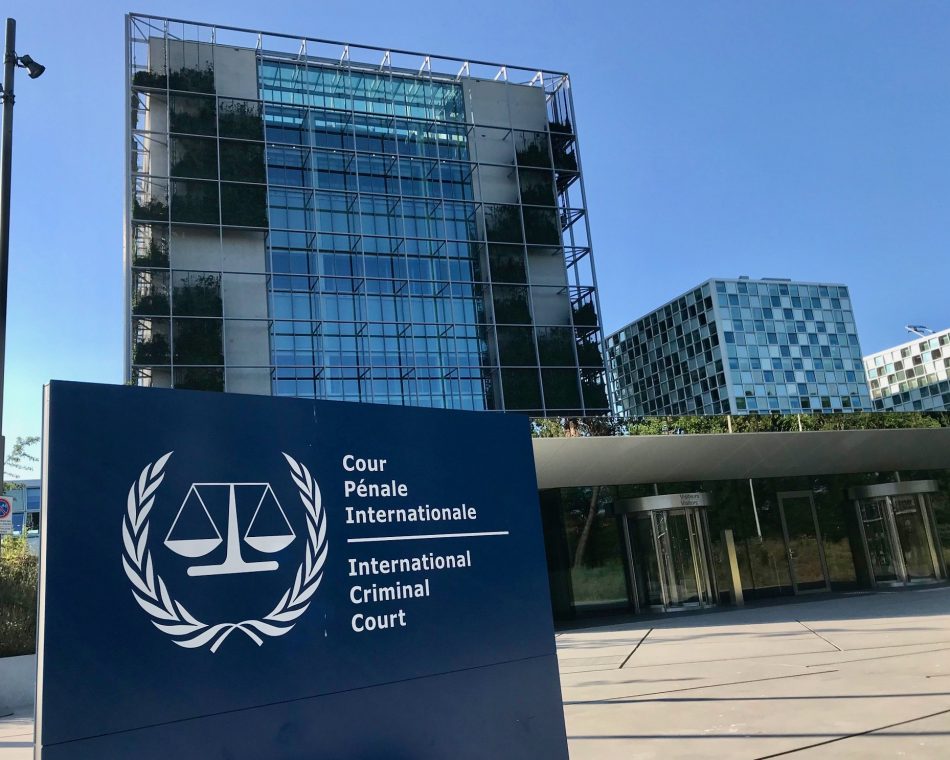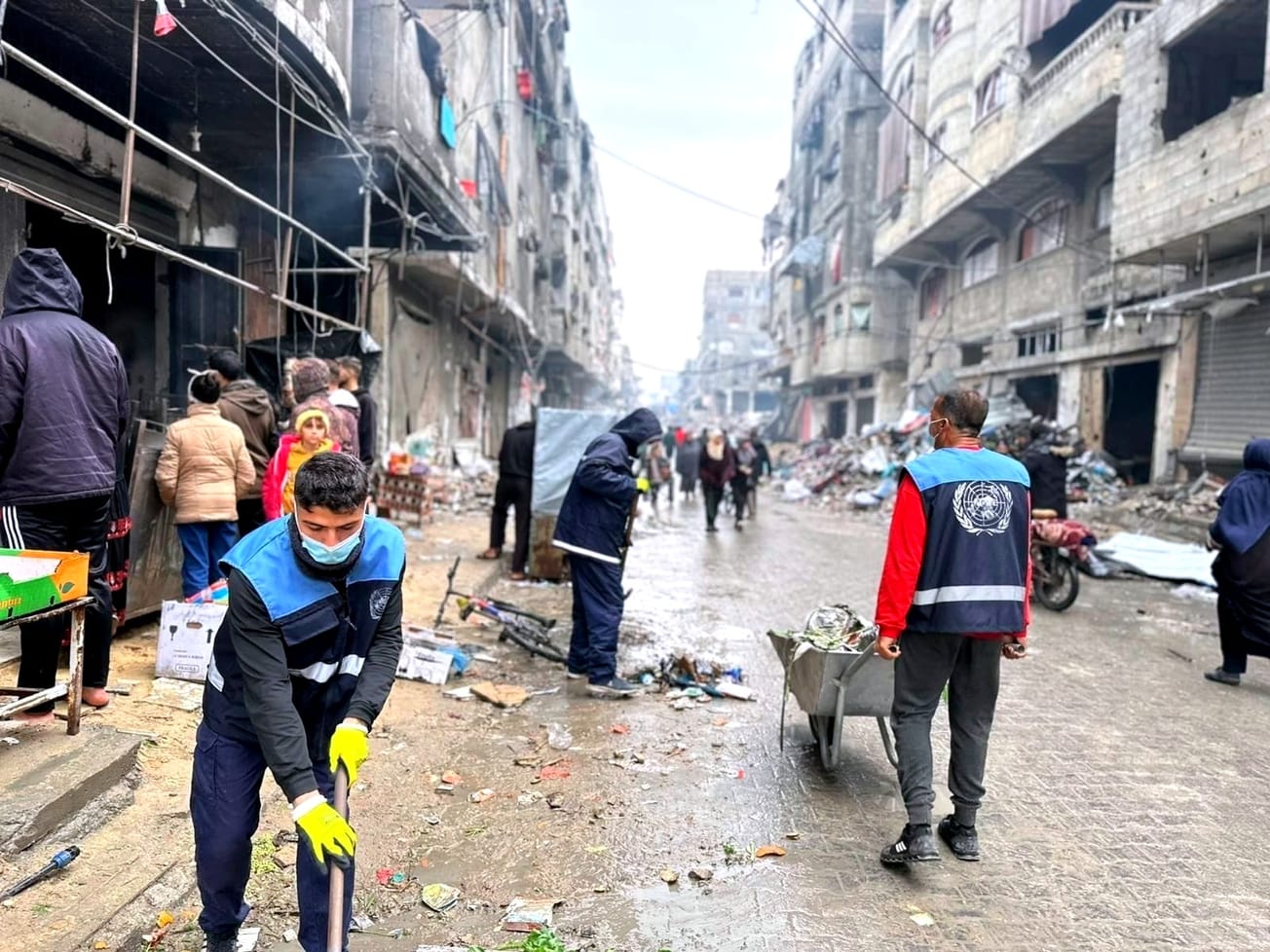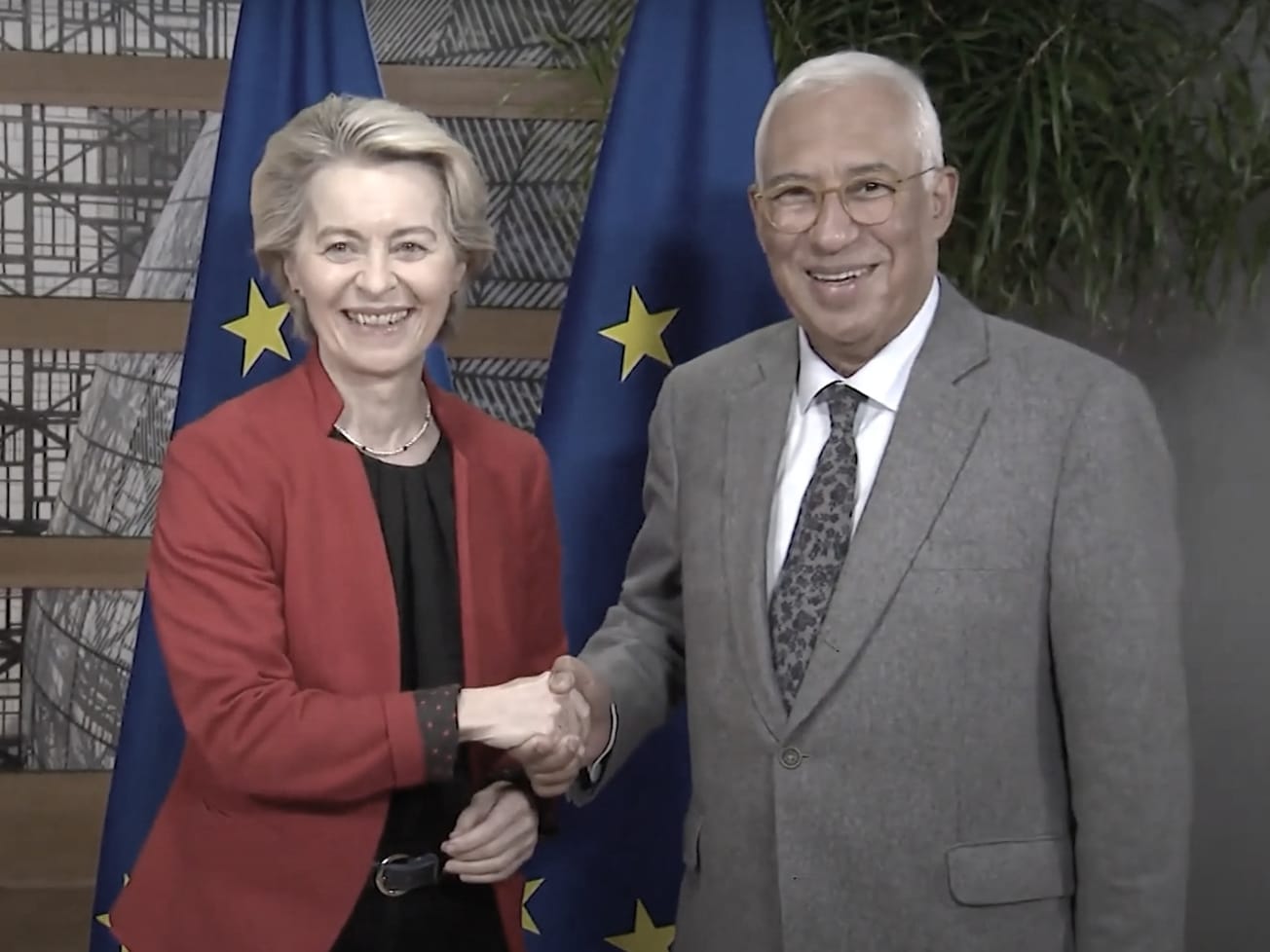The International Criminal Court on Saturday welcomed the United States' decision to end retaliatory economic sanctions and visa restrictions targeting ICC staff investigating alleged war crimes in Afghanistan involving American forces.
ICC officials said they were ready to "re-engage" with U.S. officials a day after the Biden-Harris administration revoked former President Trump's measures against ICC prosecutor Fatou Bensouda, ICC head of jurisdiction Phakiso Mochochoko and other personnel. U.S. President Joe Biden has tried to reassert global leadership in the wake of Trump's hostility to multilateralism.









